The White House has taken issue with Apple's suggestion that creating a backdoor to iOS would threaten the security of all its customers, instead arguing that the issue applies to just one iPhone in question.
In a press briefing on Wednesday, spokesman Josh Earnest said the government does not want Apple to "create a new backdoor to its products," according to Reuters. Instead, he suggested the issue is related to just one case: The December terrorist shooting in San Bernardino, Calif., that resulted in 16 deaths and 24 injuries.
The White House believes this is about one case, but Apple believes creating a backdoor could set a dangerous precedent.
"(President Barack Obama) certainly believes that this is an important national priority," Earnest told reporters at the White House.
Apple Chief Executive Tim Cook himself predicted this argument in his open letter to the public on Wednesday, saying that the government "may argue that its use would be limited to this case." But in Cook's view, "there is no way to guarantee such control."
From Apple's perspective, creating a tool to access a single iPhone could open the flood gates for future issues rippling well beyond the investigation into the San Bernardino shooting.
"In the wrong hands, this software — which does not exist today — Â would have the potential to unlock any iPhone in someone's physical possession," Cook said.
The controversy began Tuesday, when a U.S. magistrate judge ordered Apple to comply with FBI requests to help extract data from an iPhone owned by one of the shooters involved in the terrorist attack. The device in question is an iPhone 5c that was password protected by the gunman, and is set to erase a stored decryption key after ten unsuccessful login attempts.
 Neil Hughes
Neil Hughes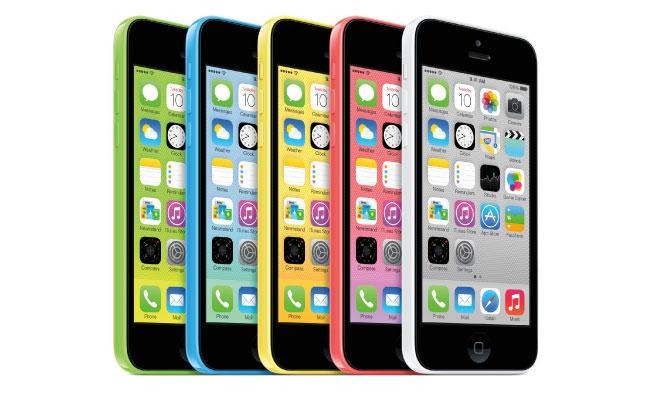
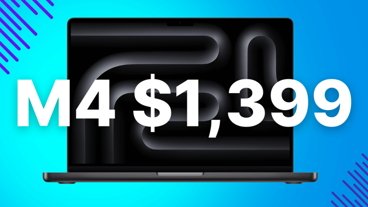







 Christine McKee
Christine McKee
 Malcolm Owen
Malcolm Owen

 Sponsored Content
Sponsored Content

 Amber Neely
Amber Neely

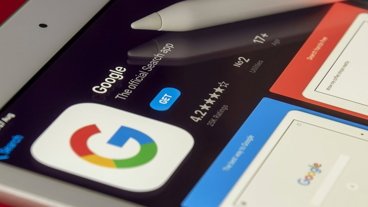
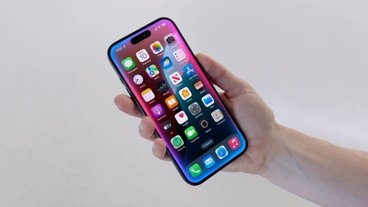
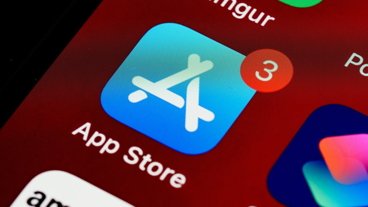







176 Comments
What part of "if we make the OS vulnerable for one phone, we make it vulnerable for EVERY phone" does Obama not understand? How many times does Tim have to explain the fact that once a phone is locked, it's either unlocked by the user or wiped by Apple or someone failing to enter the correct passcode multiple times?
I do not trust the government one bit in these technological scenarios. Hey My Government, were there WMDs in Iraq? Please tell me the truth.
Let's just get rid of all encryption and see how long before complete chaos ensues. My guess, milliseconds. But sometimes to achieve order complete chaos is required first.
If I'm not mistaken, the White House is Obama, so I'm waiting to read all of the Obama bashing soon that will be in this thread. :#
Didn't Apple say it was impossible to break into the latest iPhones and iOS ?
But if it has the touch entry, hasn't the FBI tried the touch of that dead terrorist's fingers.
I recall when a well know top end car had a touch function to start it,
thieves who took over a few of those cars from the owners,
cut off a few fingers so they could leave the owner at the roadside.